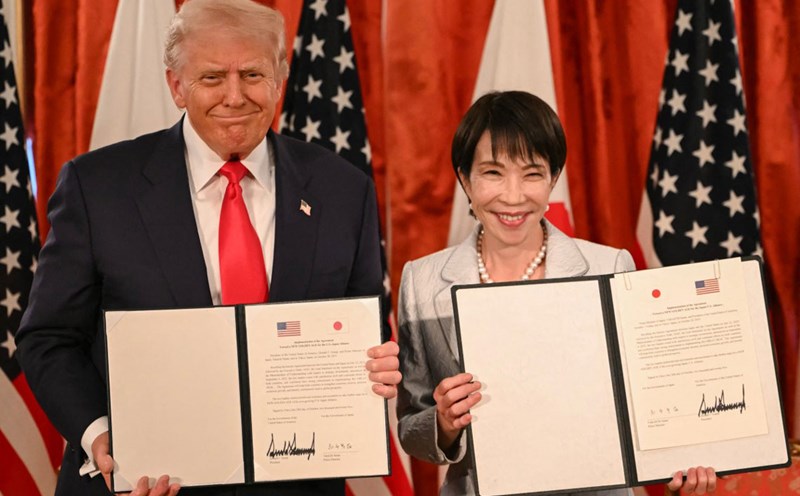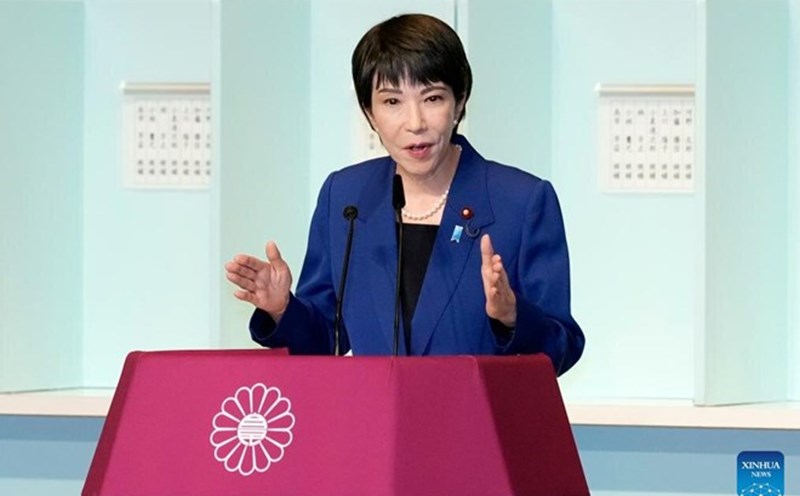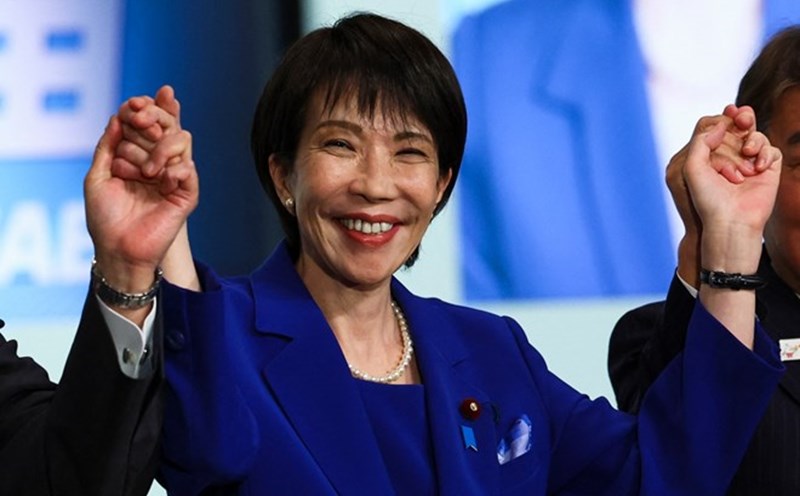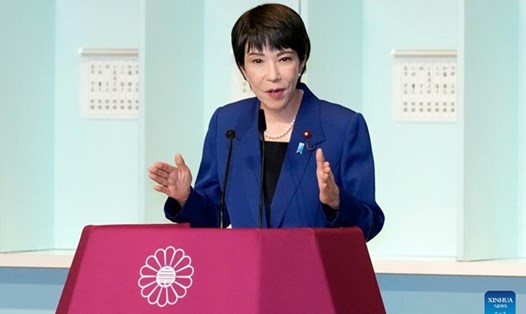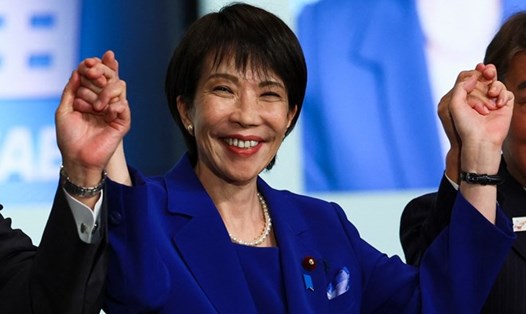On November 15, Japanese media reported that Japanese Prime Minister Sanae Takaichi is planning to launch a discussion within the ruling Liberal Democratic Party (LDP) on the possibility of reviewing the country's historic "3 non-nuclear principles".
The three principles of non-nuclear governance, including not owning, not producing and not allowing nuclear weapons on Japanese territory, have long been a core foundation of Tokyo's post-war security and peaceful constitution.
Ms. Takaichi supports reviewing these principles. In her view, the ban (especially the principle of "not allowing" nuclear weapons to be stationed) is negatively affecting the US's deterrence and defense potential. In fact, the US is the country that guarantees Japan's security through the "nuclear axis".
Takaichi's argument implies that banning the US from deploying nuclear weapons on Japan could reduce the effectiveness of this protection zone in the crisis scenario.
If approved, it would be a seismic shift in Japan's defensive stance. It comes as the regional security environment becomes increasingly complex, with continuous missile threats from North Korea, the rise of China's military, and increased tensions with Russia after the Ukraine conflict.
Ms. Sanae Takaichi, who took office as Prime Minister in September, is known as a conservative LDP politician with a hardline stance on security. She is seen as a successor to the guidelines of the late Prime Minister Shinzo Abe, who also proposed the idea of "nuclear sharing" with the US, similar to what NATO members are doing.
However, this move seems to be ahead of the government's official stance. When speaking to a parliamentary committee earlier, Ms. Takaichi was more cautious. She said she was not at the stage to comment on this issue. She noted that her government is about to begin reviewing three of the country's key security policy documents.
These three documents, including the National Security Strategy, are expected to be updated by the end of the year. These updates are expected to include allowing Japan to possess "counterattack" capabilities, which are the ability to attack the opponent's missile bases.
The review of the three non-nuclear principles seems to be the next step in Japan's efforts to completely reshape its defense policy, moving from passive to more proactive.

